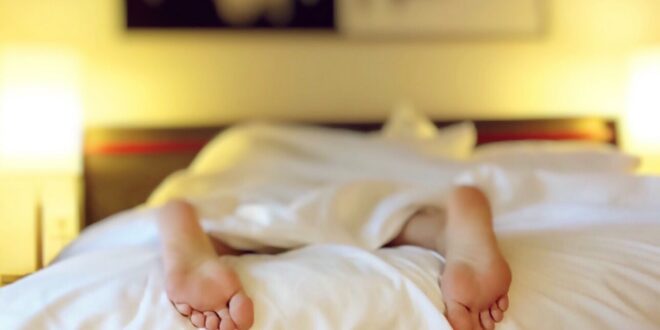It’s 3am, and you’ve already been awake for an hour. You’ve counted more sheep than your average farmer sees in a week, read a chapter of your latest book, and practised mindfulness for 15 minutes solid. But you still can’t get back to sleep, and what’s worse, your partner has now started snoring! Welcome to insomnia.
Perhaps the most infuriating thing about this situation is life wasn’t always like this – your sleep used to be an all-night affair. So what has changed to make a lack of sleep your number one concern?
For seniors, sleep issues are a common problem, and for a variety of reasons. As we age, our bodies tend to produce less melatonin, the hormone associated with sleep regulation. This reduction deals a double-wammy: firstly, less melatonin makes it more difficult for us to fall asleep, and secondly, it contributes to wakefulness at night. As we age, we also tend to tire more easily from everyday tasks such as gardening or playing sport. As a result, many people find themselves napping during daylight hours. If those naps get too long, or start to occur shortly before our regular bedtime, we may find ourselves unable to drop off to sleep once we’re in bed, or waking in the middle of the night. Spending less time outdoors (which seniors may find themselves doing for a number of reasons) can also contribute to wakefulness at night. That’s because natural light helps set our internal night-and-day-clock.
Into this problematic scenario comes the fact older people sometimes find themselves taking medication that impacts sleep. As well as this, it’s not uncommon for seniors to experience general aches and pains causing them to wake during the night – and once awake, it can be difficult to get back to sleep.
As for how we can overcome or mitigate sleep issues as we age, there are several ways to address the problem. The most well known include;
· limiting screen time, especially in the hour prior to going to bed,
· cutting back on caffeine, especially after midday,
· ensuring your bedroom is comfortably dark and cosy, and
· establishing a routine which sees you going to bed and waking at the same time each day.
However, there are even more tweaks we can make.
Some researchers suggest getting up from your bed if you cannot fall asleep within a reasonable time (for example, 20 minutes). During this ‘getting up’ period, indulge is something restful such as reading a book or magazine, knitting, or listening to quiet music, a podcast, or audiobook. Once you feel sleepy again, head for bed.
It can also be beneficial to keep your bed for (apart from sex) sleep only. Don’t be tempted (out of bedtime hours) to lie on your bed to read a book, take a daytime nap, listen to the radio, or any other activity not associated with your bedroom priorities. In this way, you’ll be training your brain to associate ‘bed’ with falling asleep, and staying that way all night.
Another tool you may like to add to your sleep-toolkit are health supplements. Depending on which ones you choose, you’ll be fortifying your body with a range of extracts such as tart cheery (said to support healthy levels of the body’s own melatonin), and herbs (such as Holy Basil) believed to encourage a calm mind, and support our natural responses to stress. Supplements will also deliver elements such as magnesium which is thought by some to relax the central nervous system.
However you achieve it, an uninterrupted night of sleep is beneficial in so many ways. So do make the effort, and if you’re not succeeding, don’t delay in consulting your medical professional for advice. Insomnia is no fun!










Join the Discussion
Type out your comment here:
You must be logged in to post a comment.